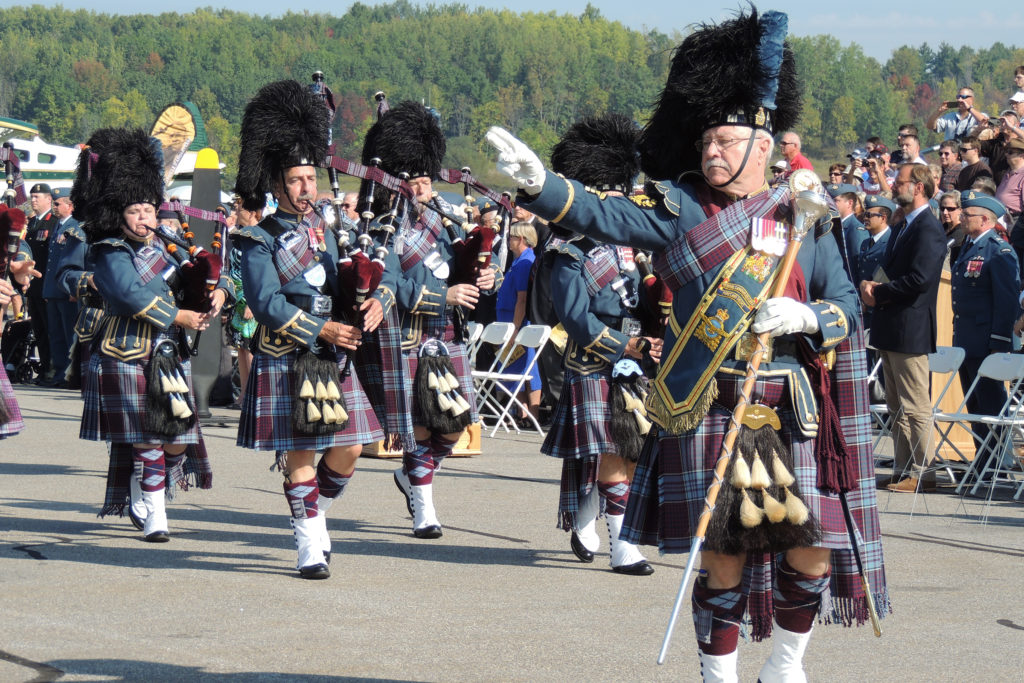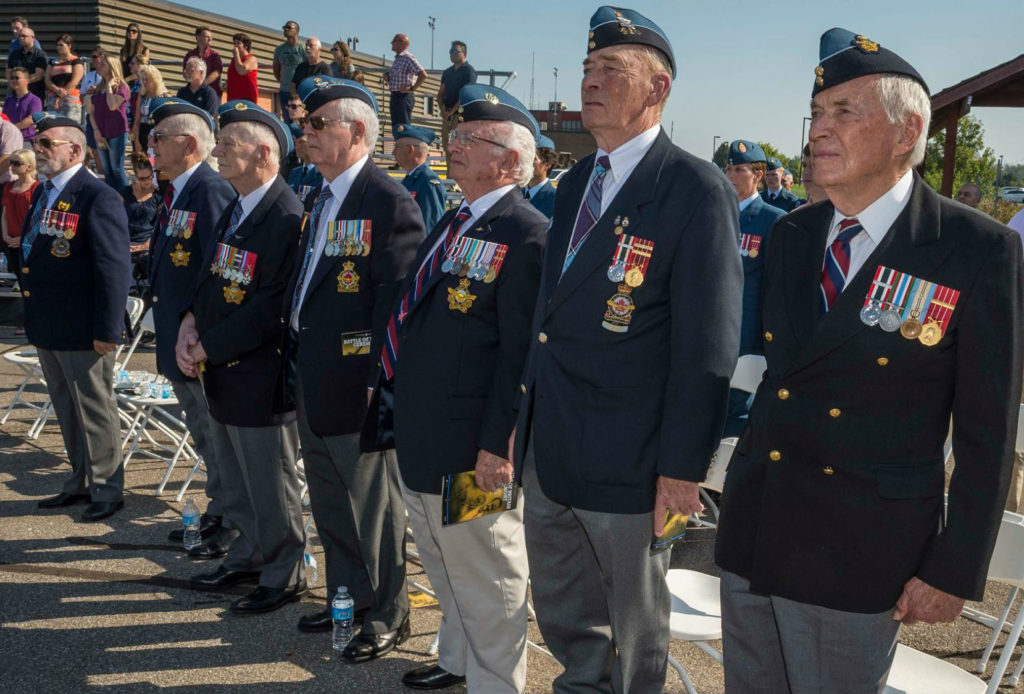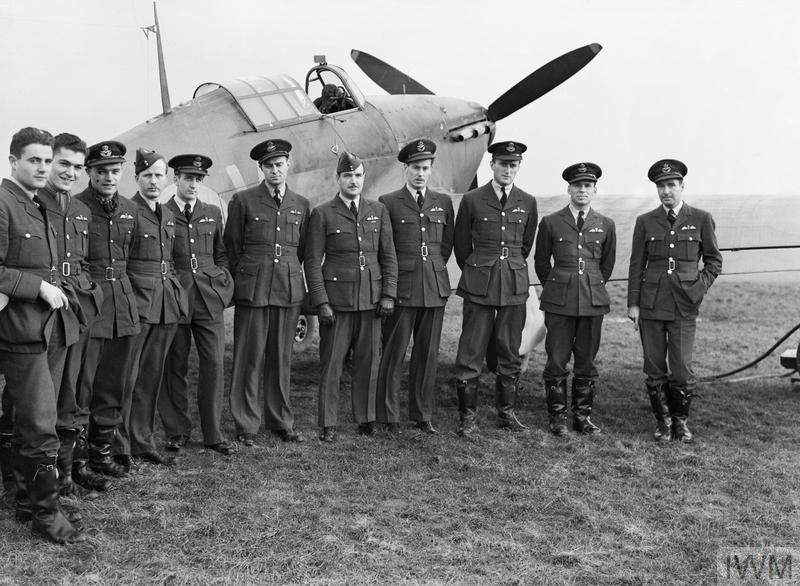Estimated reading time 4 minutes, 42 seconds.
The Royal Canadian Air Force (RCAF) marked the 77th anniversary of the Battle of Britain on Sept. 17, 2017, with a ceremony held at the Gatineau-Ottawa Executive Airport in Gatineau, Que.

Veterans, RCAF personnel and Royal Canadian Air Cadets, accompanied by the Central Band of the Canadian Armed Forces, paraded to commemorate Canadian and Allied sacrifices made during the pivotal Second World War battle that took place over southeastern Great Britain and the English Channel.
The ceremony began with Honorary Colonel of the RCAF, Loreena McKennitt, singing the national anthem and concluded with a flypast of RCAF aircraft, including the Canadian Forces Snowbirds, in honour of those who served and made the ultimate sacrifice throughout the summer and fall of 1940.

“The deeds of those who fought in the Battle of Britain continue to inspire the Royal Canadian Air Force members of today,” said LGen Mike Hood, commander of the RCAF. “Their determination, bravery and sacrifice, in the face of tremendous pressure and adversity, staved off a Nazi invasion of Britain. While time and technology has changed many things about Royal Canadian Air Force in the 77 years since that terrible summer, we will never forget, or cease to be motivated by, the valour and honour of those who came before us.”
About the Battle of Britain
More than 100 Canadians flew in the Battle of Britain from July to October 1940. Twenty-three Canadian pilots lost their lives. Hundreds of Canadian groundcrew also served valiantly during the battle.
The Battle of Britain marked the first time that a formed RCAF squadron (No. 1 Fighter Squadron, later renamed 401 Squadron) entered combat in the Second World War. Individual Canadians had flown with Royal Air Force (RAF) squadrons during the First World War and earlier in the Second World War. Canadian pilots also flew during the Battle of Britain with the RAF’s 242 “Canadian” Squadron and other RAF squadrons.

Beginning on July 10, 1940, with attacks on British ports, convoys and coastal radar stations, the air battle lasted until the end of October. The most intense fighting took place on Sept. 15, with the Allies being victorious. Two days later, Hitler postponed the planned invasion. As result, Battle of Britain Day is celebrated on or near Sept. 15.
A key technology to Allied success during the Battle of Britain was radar, along with command and control facilities to get airpower to the right place, at the right time and in the right proportion to meet the threat. Although significantly more advanced, these principles and technologies are still used in the RCAF today.
Historians have described the battle, involving almost 3,000 allied aircrew, as a turning point of the Second World War.
British Prime Minister Winston Churchill, in praising the valiant efforts of the aircrew, famously said: “Never in the field of human conflict was so much owed by so many to so few.”








